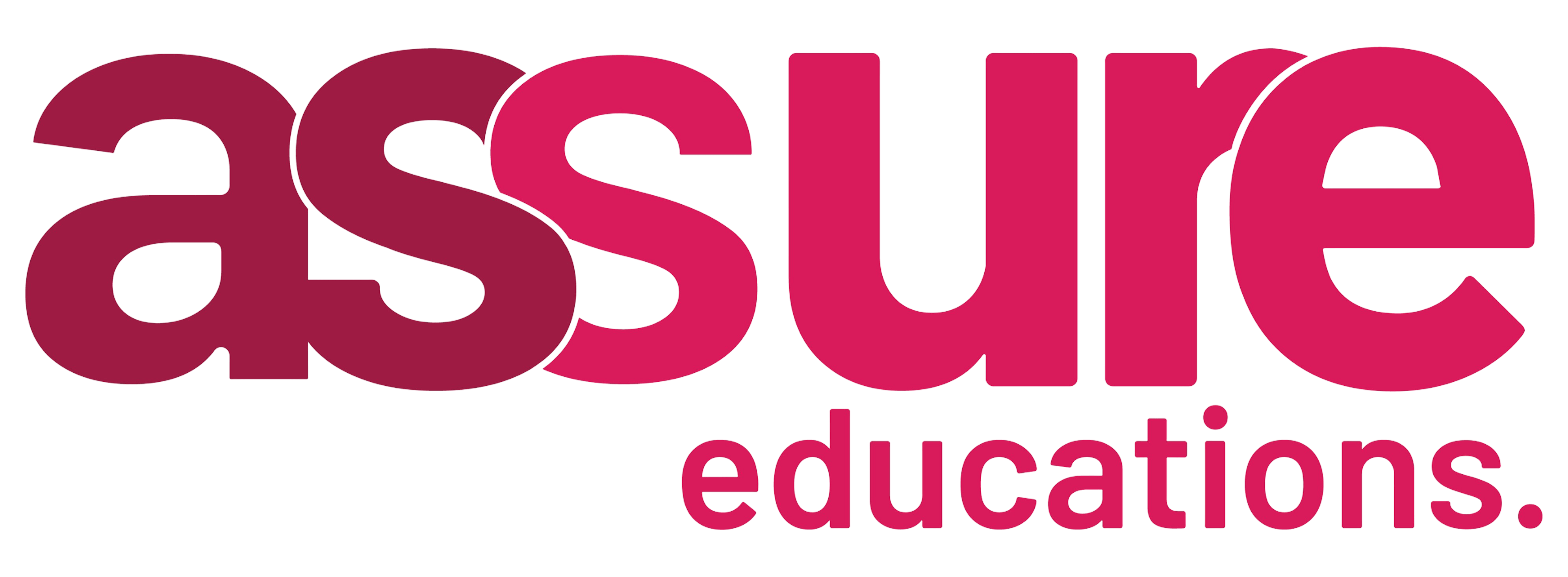The Future of Distance Education: Innovations and Beyond
Distance education has come a long way from its humble beginnings, and the future holds even more exciting possibilities. As technology continues to evolve and our world becomes increasingly interconnected, the landscape of education is undergoing a profound transformation. Here’s a glimpse into what the future of distance education might look like.
1. Virtual Reality (VR) and Augmented Reality (AR): One of the most promising advancements is the integration of VR and AR into distance learning. Imagine students taking virtual field trips to historical sites or conducting complex science experiments in a simulated laboratory—all from the comfort of their homes. VR and AR will make learning more immersive, engaging, and interactive.
2. Artificial Intelligence (AI): AI-powered chatbots and virtual tutors will become commonplace in online classrooms. These smart systems will provide instant feedback, adapt learning materials to individual student needs, and even predict when a student might struggle with a particular concept. This personalization will enhance the learning experience.
3. Microlearning and Modular Courses: The future of education is likely to be more flexible and modular. Microlearning, where students consume small, bite-sized lessons, will allow for on-the-go learning. Learners can pick and choose modules from various sources to customize their education.
4. Global Collaboration: Distance education will foster global collaboration on an unprecedented scale. Students from different corners of the world will collaborate on projects, bringing diverse perspectives and ideas into the learning process. This will prepare them for a more interconnected and globalized workforce.
5. Lifelong Learning: The concept of education as a one-time event will fade. Instead, lifelong learning will become the norm. People will continuously update their skills and knowledge throughout their careers to stay competitive in a rapidly changing job market.
6. Blockchain Credentials: Academic credentials will become more secure and easily verifiable through blockchain technology. This will combat fraud and make it easier for employers to trust online degrees and certificates.
In conclusion, the future of distance education is bound to be dynamic and exciting. Technology will continue to be the driving force behind innovations in online learning. As these advancements unfold, students will benefit from more personalized, engaging, and globally connected educational experiences. Distance education isn’t just a part of the future; it’s shaping the future of education itself.

